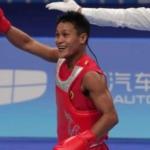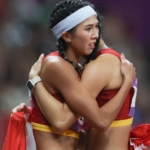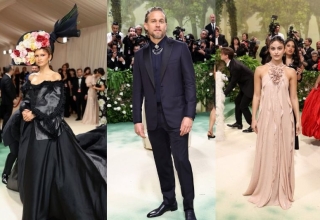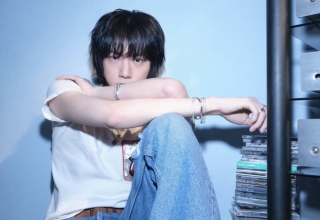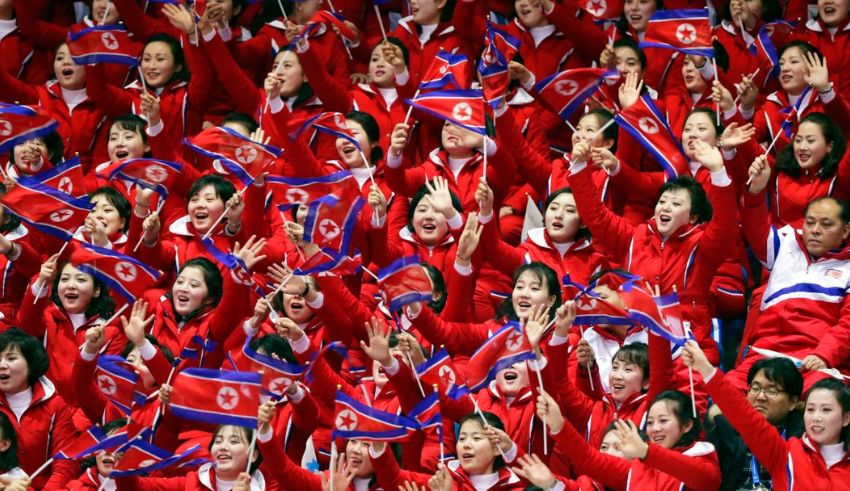
Picture a weightlifter’s intense focus as she gears up for a pivotal moment at the Asian Games. South Korean weightlifter Kim Suhyeon was just about to tackle the clean and jerk in the women’s 76-kilogram event when an unexpected moment unfolded, painting a unique human story amidst the sporting arena.
A North Korean coach approached Kim with an air of secrecy, whispering words of encouragement. Her Chinese competitor, a formidable force in the snatch, had withdrawn due to injury. In those hushed words, “You have a shot now, so keep it up,” lay the rarest of moments—inter-Korean amity.
However, the Games held other stories, with North Koreans maintaining a chilly demeanor, a stark contrast to the camaraderie of the 2018 Asian Games. That year, the two Koreas paraded together, forming joint teams, all following an agreement reached at an inter-Korean summit.
Worsening Relations
Kang Lee Seul, a South Korean women’s basketball player, recalled how her former North Korean teammates and coach ignored her during this year’s Games. Their post-match interactions revealed a sense of avoidance and discomfort, signifying a departure from the unity once seen on the court.
Professor Jung Giwoong, an expert in inter-Korean relations and sports diplomacy, notes that the changed dynamics signify North Korea’s transformed view of their southern neighbor: “We are strangers now, not brothers.”
This transformation was underscored by North Korean delegation members’ insistence on being referred to by their country’s official name, the “Democratic People’s Republic of Korea,” during press conferences.
Keep Reading
Professor Jung Giwoong highlights the political implications of sports, emphasizing how they can serve as tools for achieving broader political goals. In 2018, North Korea leveraged the Winter Olympics hosted by South Korea to initiate an inter-Korean summit, eventually leading to the groundbreaking U.S.-North Korea summit for denuclearization talks.
In the backdrop of current heightened regional tensions, Jung suggests that North Korea, using the Asian Games as a platform, sharpened its message regarding the U.S. and South Korea while expressing unwavering support to China, the host nation.
As the medal winners’ press conference unfolded after the women’s weightlifting event, Kim Suhyeon, flanked by two North Korean gold and silver medalists, witnessed a unique and silent dance of diplomacy. Their expressions of concern for an injured Chinese weightlifter and birthday greetings showcased shared humanity. Yet, the absence of words between Kim and her North Korean counterparts was a poignant reminder of the intricate diplomatic ballet that played out amidst the fervor of the Games.
